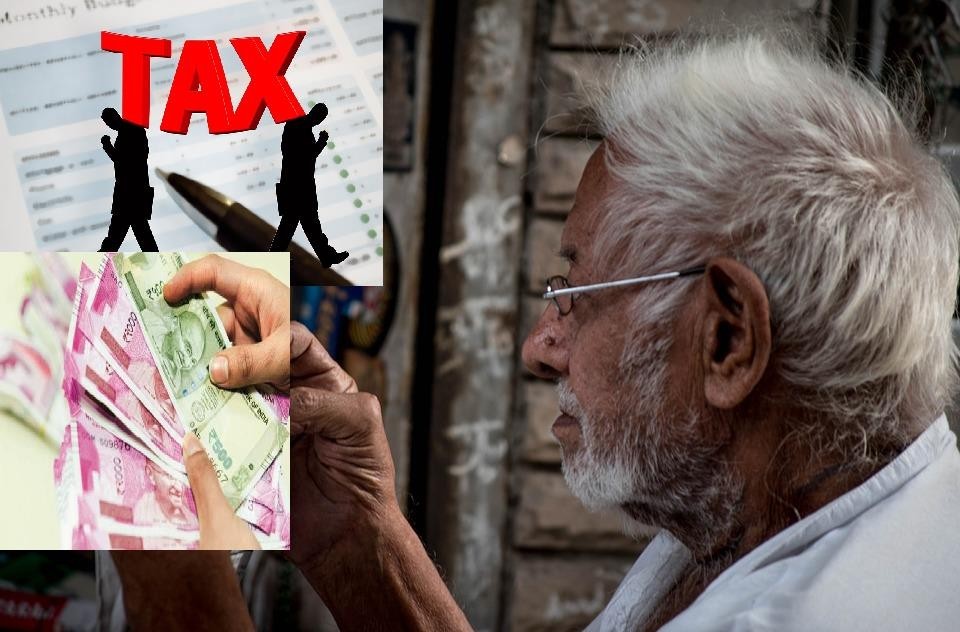
Published By: muthoot February 03, 2021
Health policies bought by the senior citizen category (60-80 years) stood at only 15 percent of the overall policies sold during the April-December period, while the share for the younger age groups of 18-40 years was found to be 45 percent, the buying pattern of customers on insurance aggregator Policybazaar.com showed. This is despite the fact that senior citizens are most at risk from Covid-19. The data also showed that the sum insured of ₹5 lakh was the most bought cover with a share of 41 percent, while the second-most preferred choice was the sum insured of ₹5-10 lakh with a share of 24 percent, followed by ₹10-20 lakh and ₹20 lakh to ₹1 crore at 9 percent and 14 percent, respectively. On average, the share of health policies bought by kids for their parents was only 12.2 percent from April to December. “This clearly shows that the penetration level and the awareness of health insurance for senior citizens is extremely low and is a matter of huge concern,” the company said.
According to the data, around 20 percent of the claims made by senior citizens were for eye and adnexa treatment, while 15 percent was for circulatory and heart disease and 8 percent were of malignant neoplasms. The average claim amount made for cardiovascular disease was around ₹75,000 and for musculoskeletal disorder around ₹1.06 lakh, which accounted for 8 percent of the claims made by senior citizens. “Senior citizens are still very under-insured in India, which puts them at grave financial risk. Senior citizens must be adequately covered — sum insured of at least ₹10 lakh per person — and ideally should buy comprehensive plans with no limitations such as co-pay or sub-limits. However, if a cheaper option is needed, then they could look at senior citizen-specific plans, which come with some limitations such as co-pay,” said Amit Chhabra, head, health insurance, Policybazaar.com.
Co-payment or co-pay means a cost-sharing requirement that provides that the policyholder will bear a specified percentage of the amount of the admissible claims. Moreover, if your policy has sub-limits such as a cap on room rent and if you opt for a room with a higher tariff, the insurer will apply proportionate deduction on other expenses too, as typically, most expenses are related to the room rent. When buying a policy, a senior citizen must look at coverage for pre and post-hospitalization, day-care treatment and pre-existing diseases as well as the waiting period and other exclusions. According to experts, having health insurance at an elderly age is imperative because of the high medical costs and high morbidity rate. For senior citizens, a premium of the policy is mostly on a higher-end as the premiums increase with age and medical conditions. Therefore, it is advisable to not go only for lower premiums but look for a policy that provides maximum benefits and comprehensive coverage.